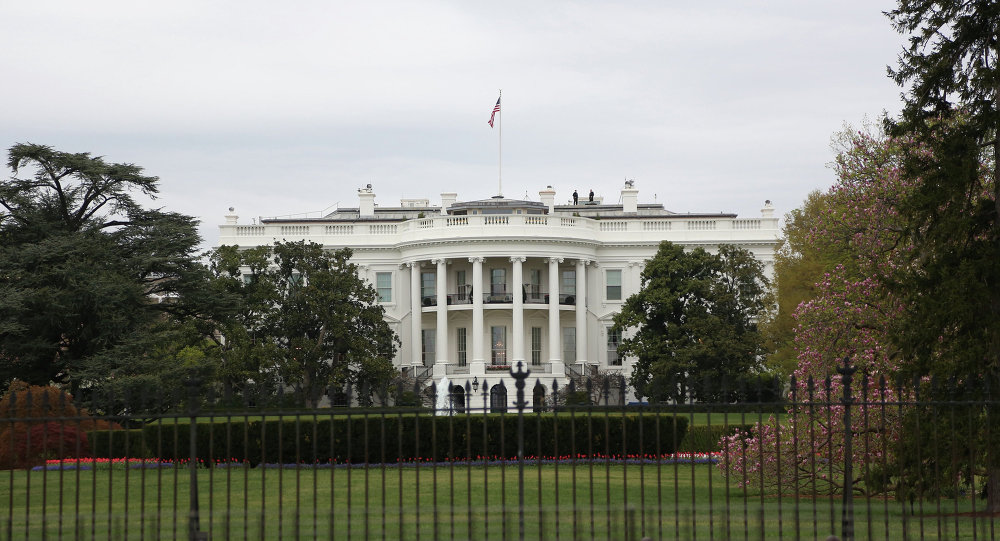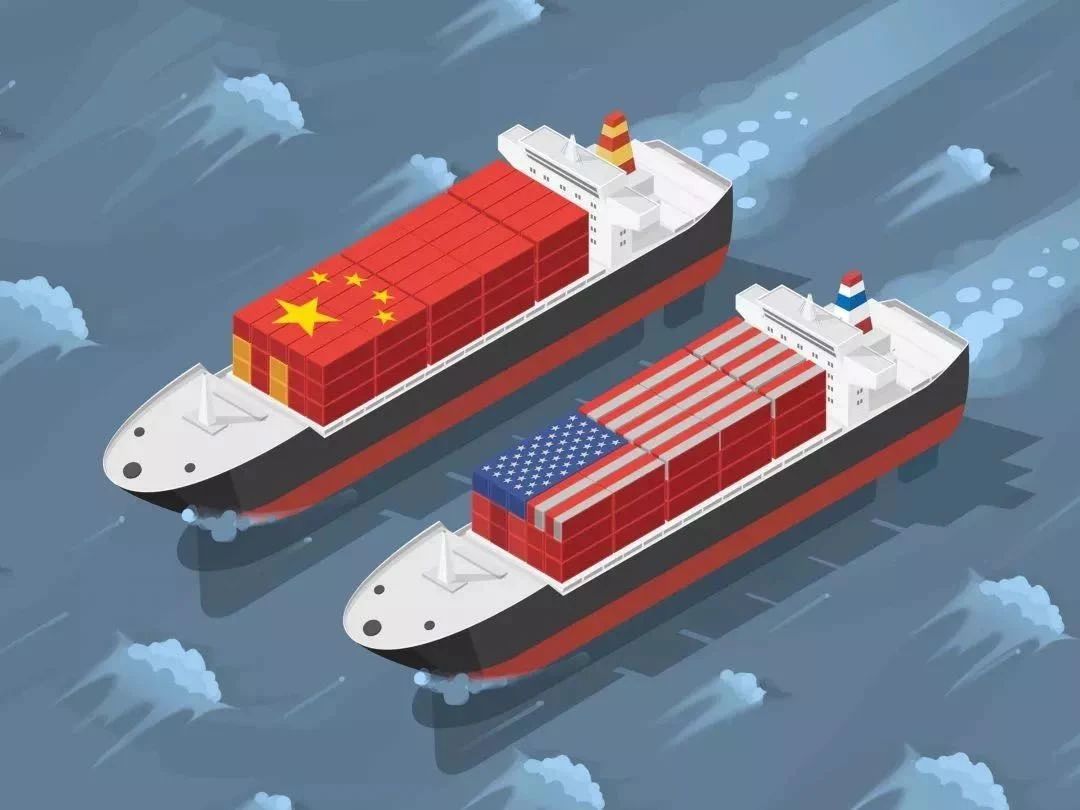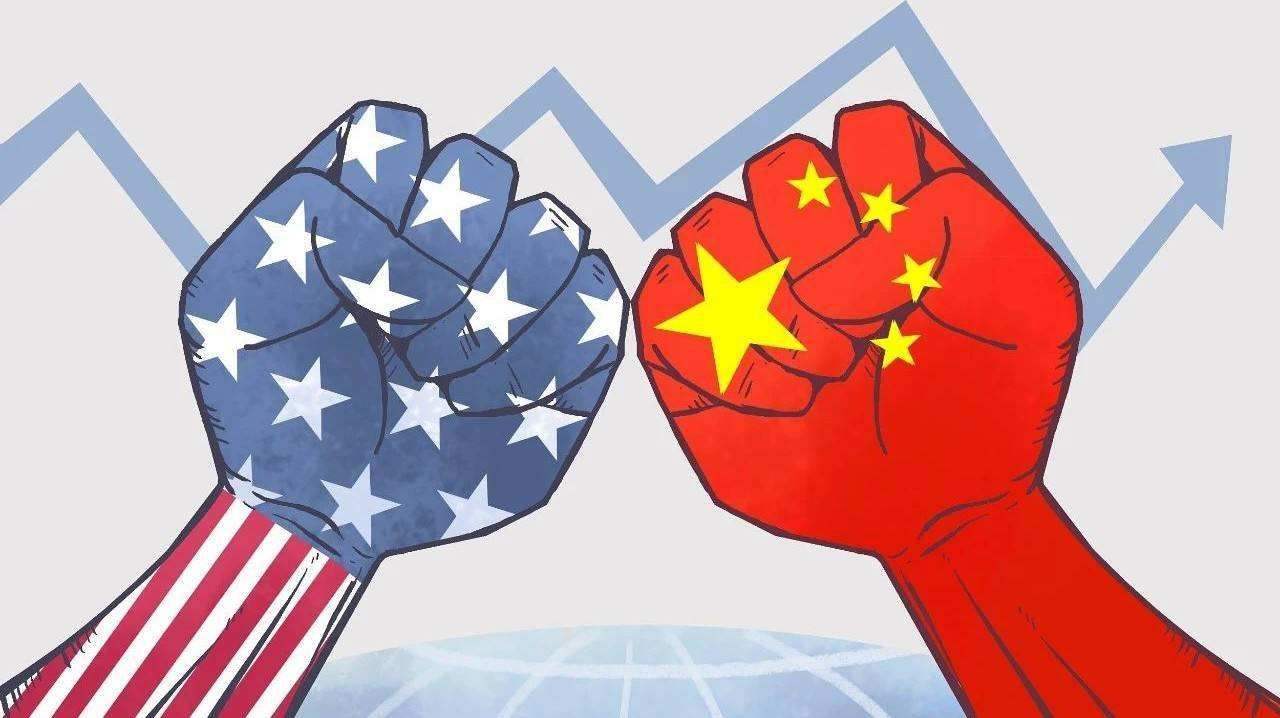On January 20, 2021, Joe Biden was inaugurated as the 46th president of the United States amid his opponent’s calls of election fraud, the storming of the U.S. Capitol, nearly 470,000 deaths caused by COVID-19, and a devastated economy.
The seven priorities of the new administration are dominated by domestic affairs, such as controlling the COVID-19 pandemic, providing economic relief, advancing racial equity and civil rights, and reforming the immigration system. The only two foreign-policy-related tasks he has mentioned are climate change and the restoration of America’s standing in the world. Overall this sends a clear message that this administration will mainly focus on domestic challenges, its grand strategy and foreign policy being designed to defend the interests of middle-class U.S. citizens.
Does this mean that China will stand on a secondary tier on Biden’s agenda? The answer is most likely no. Indeed, I argue that China will become the core of U.S. foreign policy and more broadly its grand strategy, with competition as the key theme.
For almost a century, the country’s grand strategy has consisted of maintaining its global leadership. It seems that it is impossible for any U.S. decision-maker to observe an emerging competitor without taking preemptive action. A year after China’s GDP surpassed that of Japan to become the second-largest in the world in 2010, the U.S. implemented its “Pivot to Asia” policy.
President Biden and his close aides have been relatively cautious about their choice of language when speaking of China, which is indicative of the complexity and sensitivity of the China challenge. Biden called China the “most serious competitor” to the U.S. in his first foreign policy speech at the U.S. State Department and vowed to confront Beijing on various fronts, including human rights, intellectual property, and economic policy. Secretary of State Antony Blinken has said: "It's not a secret that the relationship between the United States and China is arguably the most important relationship that we have in the world going forward […] and increasingly that relationship has some adversarial aspects to it. It has competitive ones. And it also still has cooperative ones."
The White House (source: spuntniknews)
It is a bipartisan consensus in the U.S. that the country’s engagement policy, which underpinned the four-decade-long strategy towards China, has come to an end. However, the new strategy towards China is still under formulation—or at least the word “containment” has not yet been openly articulated among diplomats or policy-makers. “Competition” is still the most frequently used word. In a 2019 article, Biden’s new Asian Policy Czar Kurt Campbell and National Security Advisor Jake Sullivan argued that “a failure to connect competitive means to clear ends will allow U.S. policy to drift toward competition for competition’s sake and then fall into a dangerous cycle of confrontation.” Biden is aiming to prevent the brewing “New Cold War” between the U.S. and China from transforming into a catastrophic global conflict. “Competition without catastrophe, ” as Campbell and Sullivan put it—to challenge and coexist with China—is the thus best option for U.S. policy makers at present stage.
The competition is a long-term game
In an article published in spring 2020, “Why America Must Lead Again: Rescuing U.S. Foreign Policy After Trump,” Biden made it clear that China represents a special challenge. He saw China as playing the long game by extending its global reach, promoting its own political model, and investing in the technologies of the future. This is why he filled his national security and foreign policy team with a young generation of strategists and experts: National Security Advisor Jake Sullivan, Under-Secretary of Defense Colin Khal, Deputy UN Ambassador Jeffery Prescott, and Principal Advisor on China Matters to Secretary of Defense Ely Ratner are all in their forties. Biden promoted these relative youngsters into the top positions with an eye to maintaining a continuity in U.S. foreign policy for at least twenty to thirty years.
It seems fair to surmise, then, that we will witness a marathon-style great-power competition between the U.S. and China for around thirty to fifty years. The outcome, whatever it is, will be the result of strategic planning, patience, and careful statesmanship.
President Donald Trump and his extremely hawkish team did tremendous damage to the U.S.-China relations, and appeared to be planning to lead the world into another “cold war” by inciting total political confrontation and economic decoupling with China. Fortunately, Biden’s triumph over Trump stopped that dangerous attempt. The Biden administration might win the world another four years of peace and security, but the threat of a bumpy ride or even head-on conflicts between the U.S. and China still looms. The future of the world and humankind is, as ever, undecided and most likely depends on the next U.S. president, who will be elected in 2024. The long cycle of the U.S. presidential election is no mere domestic issue. If American voters choose an extreme right-wing president who is as combative and bellicose as Trump, the vicious spiral will continue.
(source: CGTN)
I predict that, to win the competition, the U.S. will increase focus on enhancing its domestic strengths by promoting democracy at home and abroad, and maintaining its economic and technological advantages over China.
(1) Enhancing domestic strengths
The out-of-control death toll of the COVID-19 pandemic and the outbreak of Black Lives Matter movement, together with the dramatic outcome of 2020 presidential election, revealed the side that is often hidden—the vulnerable, split, furious dark side—of the United States of America.
The key to winning the competition therefore lies in enhancing America’s domestic strengths, especially in investing more on the U.S. itself. As Sullivan puts it, the U.S. national security community is right to insist on making investments in infrastructure, technology, innovation, and education in order to ensure the country’s long-term competitiveness vis-à-vis China. Biden recognizes that under-investment is a bigger threat to national security than the U.S. national debt.
(2) Promoting democracy at home and abroad
The U.S. believes in its exceptionalism and deems itself the world’s brightest beacon of democracy. Biden has vowed to repair and reinvigorate democracy and strengthen the coalition of democracies that stand with the U.S. around the world. He has promised to rebuild confidence in U.S. democracy by remaking the country’s education system, reforming its criminal justice system, and restoring transparency and accountability of its government.
Flag of the United States of America (source: Time)
Biden has expressed belief that democracy strengthens and amplifies U.S. leadership in the world and can be used as a tool of coalition-building in the competition against China. He has promised to repair U.S. relations with its allies and host a global Summit for Democracy during his first year in office. This emphasis on democracy could be a double-edge sword for the U.S., for it excludes those traditional U.S. allies which are labeled authoritarian and non-democratic.
Biden has said that the most effective way to meet the China challenge is to build a united front of U.S. allies and partners to confront China’s abusive behaviors and human rights violations. “Human rights” issues may therefore lead to conflicts between the U.S. and China.
Past experience suggests that the U.S. Democratic Party uses the tool of "human rights" more frequently than the Republican Party in relation to Hong Kong, Tibet, Xinjiang, and other areas related to China’s sovereignty and territorial integrity. Considering that the U.S. Senate has recently passed bills involving Uyghur human rights, Tibetan human rights, and democracy and human rights in Hong Kong, the space for negotiations over those issues is limited; the Biden administration will likely take a tougher attitude toward them. He has already warned, during his first “Town Hall,” that China will pay a price for its human rights abuses.
(3) Utilizing multilateral mechanisms as leverage to compete with China
The biggest difference between the Trump and Biden administrations lies in the choice of unilateralism or multilateralism.
Some in the foreign policy establishment interpret Biden’s policies as a repudiation of Trump’s “America First” isolationism and as an attempt to return to normalcy. The U.S. will re-enroll in a large number of international institutions, strengthen the role of U.S.-led international organizations, and resume its leadership in global governance. It will rely upon multilateral mechanisms and institutions to see out its competitive strategy toward China.
On his inaugural day, Biden rejoined the Paris Climate Agreement, and then returned to the World Health Organization and the World Trade Organization. He may also consider rejoining the Japan-led Comprehensive and Progressive Agreement for Trans-Pacific Partnership (CPTPP).
(4) Maintaining economic and technological advantages over China
U.S. foreign-policy-makers now face a world in which power is increasingly measured and exercised in economic terms. Economics, at least as much as anything else, will determine a country’s success or failure in geopolitics.
For the near future, the main arenas of China-U.S. competition will be in economics and technology. This is why National Security Advisor Sullivan invoked investment in infrastructure, technology, innovation, and education as determining the long-term trajectory of the competition with China.
Trump’s stormy trade war with China was unsustainable and received broad criticism from economists and business leaders, for it focused too much on taxation and missed other important aspects of economic competition. The U.S. government has a diverse toolkit. The Biden administration might build an invisible “protective wall” against China's high-tech sector by means of intellectual property rights, technological blockade, or international rules in its favor. We are very likely to witness the relocation of supply chains or even whole industries.
The Biden administration will carry out a “whole-of- government” approach in dealing with China, combining various economic and technological tools together with diplomacy.
(source: CGTN)
Cooperation is possible and cooperation is crucial
The Biden administration will still seek to cooperate with China on issues where interests converge, such as climate change, nonproliferation, and global health security. Many global problems exist that cannot be solved without the concerted efforts of all countries.
(1) Climate change
China has been positive in responding to climate change since the Copenhagen Climate Change Conference of 2009. President Xi Jinping has called for a “green revolution,” aiming to reach peak carbon emissions by the end of the decade and carbon neutrality in forty years in order to fulfill China’s promise under the Paris accord. Meanwhile democrats, especially progressive democrats in the U.S., are actively pushing forward a climate agenda too. Biden has created two new posts in his White House, Gina McCarthy as National Climate Advisor and Former Secretary of State John Kerry as special envoy for climate change, which is a clear message that Biden will invest heavily in climate change.
Taking on the climate change issues has three benefits for the U.S.: (1) it will help protect the environment and the earth which is home to every human being; (2) it will be the next economic growth point after the Internet, as it can enable investment in infrastructure, enhancement of resilience, and create new cutting-edge industries and millions of jobs; (3) it will help the U.S. formulate global standards on climate change and clean energy, and elevate U.S. leadership for generations to come.
When both the U.S. and China realize the significance of climate change, there will be much to cooperate in this regard.
(2) Nuclear non-proliferation
The U.S. cannot solve the nuclear non-proliferation problem without cooperation from China. The Biden administration wants to rejoin the Joint Comprehensive Plan of Action signed with Iran in 2015, which however, was abandoned by Trump in 2018. Biden wants to relaunch the negotiations on condition that Iran proves willing to resume its nuclear obligations and give up reactivating its nuclear program. French President Emmanuel Macron has already offered to be an “honest broker” in U.S.-Iran talks in order to revive the 2015 deal, but the U.S. also needs support from countries such as Russia and China.
(3) Pandemic relief
The biggest “black swan” of 2020 was the COVID-19 pandemic, which not only intensified domestic conflicts in the U.S. and influenced the outcome of the presidential election, but also had a far-reaching impact on the world. Because of Trump’s lack of knowledge and his anti-scientific approach, as of February 23, 2021, the U.S. is the most seriously affected country in the world, with more than 28 million diagnosed cases and over 500,310 deaths.
COVID-19 has forced the U.S. economy into a crisis. More than 10 million U.S. citizens are unemployed, 14 million renters are behind on payments, and 29 million adults—and at least 8 million children—are struggling with food insecurity.
In his first two days in office, Biden signed ten executive orders to combat the pandemic, mandating masks on public transport and directing agencies to use the Defense Production Act to make N95 masks, swabs, and other equipment. I would like to point out here that China is the world’s major manufacturer of those supplies and has never stopped providing them to the U.S., even on the most difficult days itself endured back in China.
Nearly 100 U.S. experts recently issued a joint statement, supported by the two main political parties, calling on the U.S. and China to strengthen anti-epidemic cooperation. This certainly seems like a good idea. Nations working together is no longer enough. However, technological, social, and geopolitical changes are combining to expand the power and influence of non-state and sub-national actors, making their views on a wide range of national security and foreign-policy issues important and cooperation with them essential. The U.S. and China should also work together in facing challenges from non-state actors.
The U.S. strategy toward China is essentially clear. China-U.S. relations have been on a descending spiral and that will not be reversed by the Biden administration. The relationship will probably not go back to how it was in the “good old days” but be dominated by competition. One of the defining features of our time will be long-term turbulence in the China-U.S. relations and thus in the world order.



